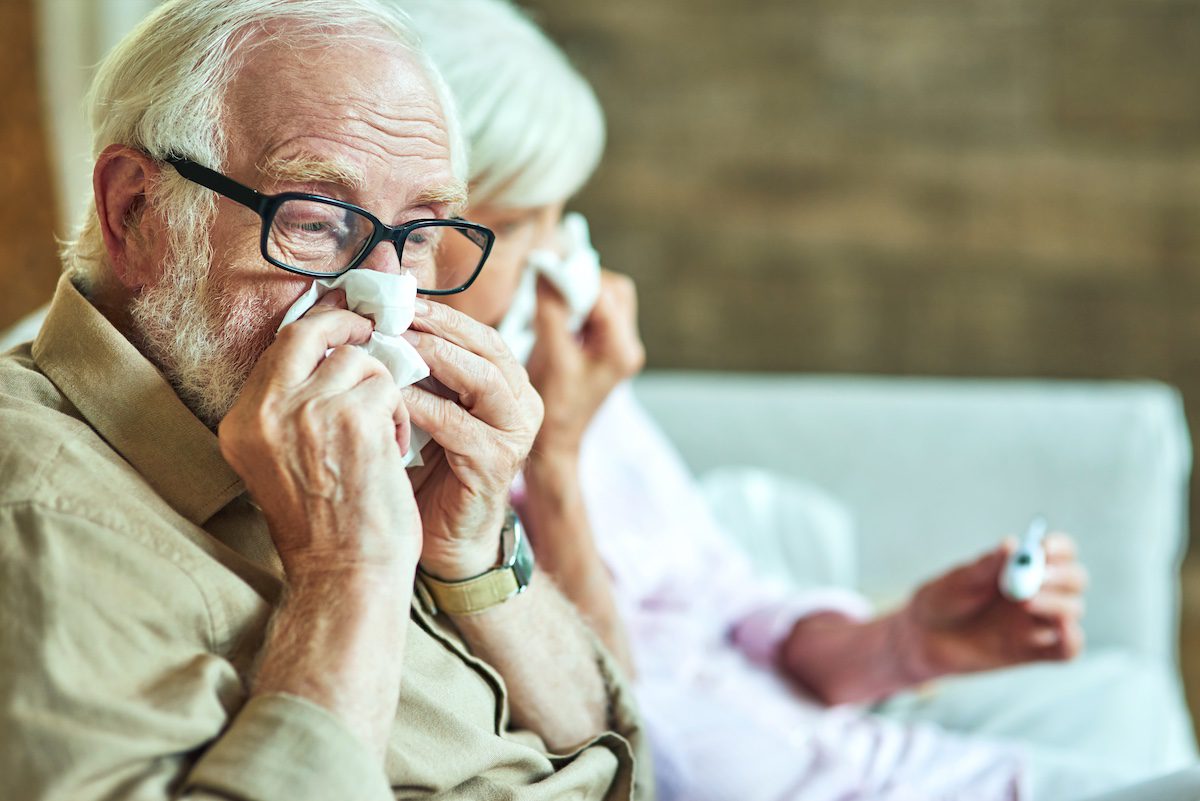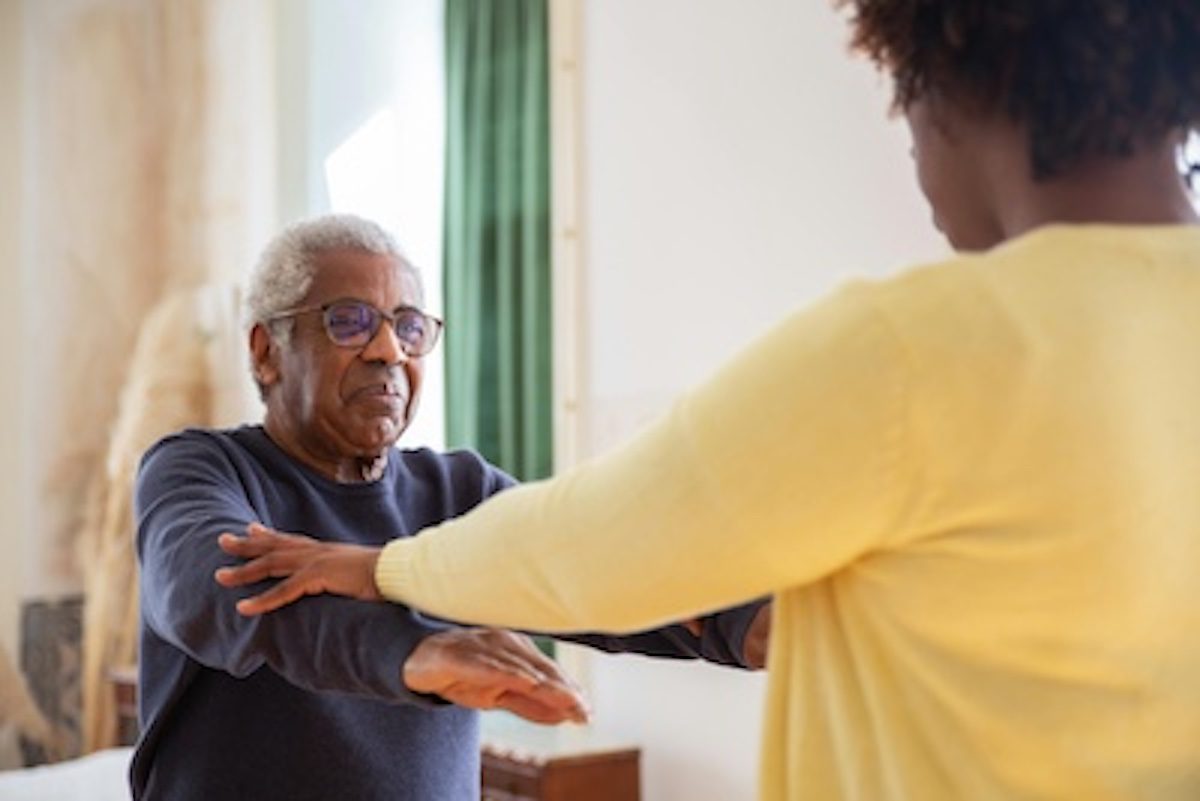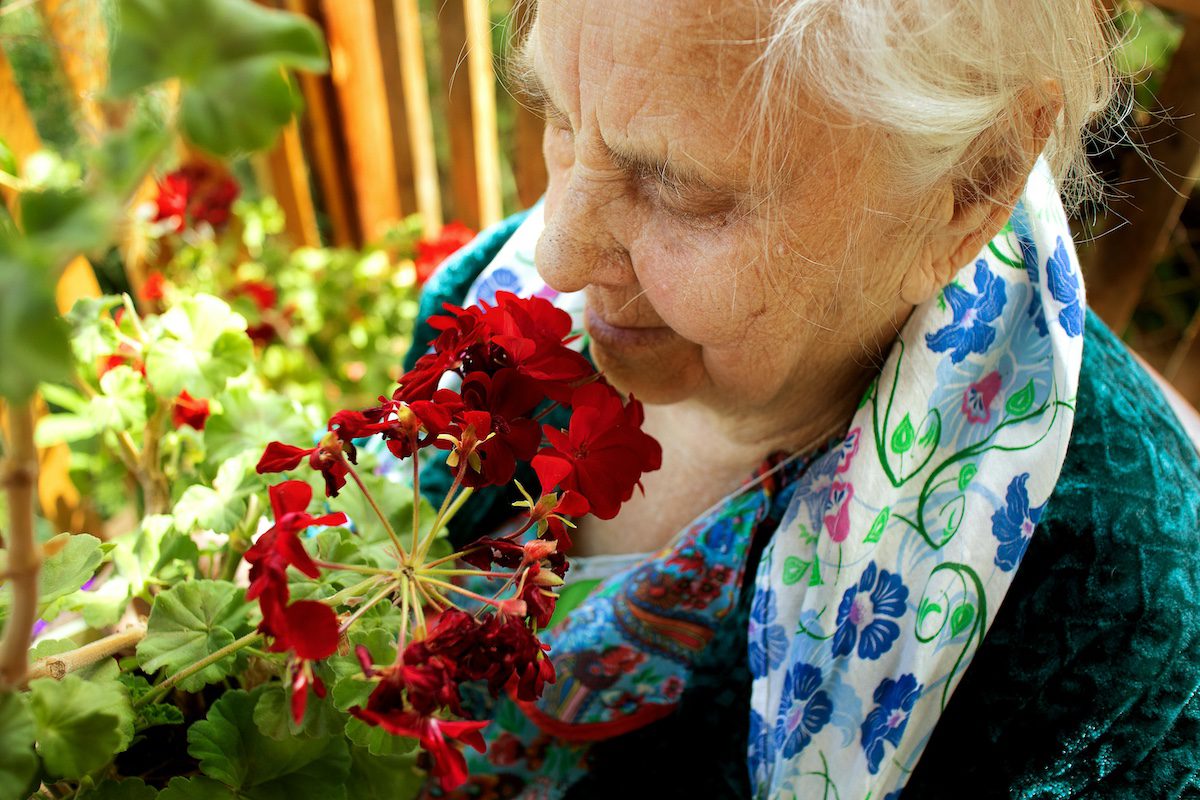Seasonal allergies are often thought of as a springtime nuisance for children or young adults, but many older adults also struggle with them. In fact, allergies can become more challenging with age due to changes in the immune system, existing health conditions, and medication use.
For caregivers, understanding how allergies affect seniors—and knowing how to manage symptoms safely—is key to protecting their comfort and overall health.
In this blog post, we will walk you through what seasonal allergies look like in older adults, why they can be more complicated to manage, and practical steps you can take as a caregiver to support your loved one.
Why Seasonal Allergies Can Be Tougher for Seniors
Allergies occur when the immune system overreacts to substances like pollen, mold, or grass. For seniors, these reactions can be more intense or harder to distinguish from other health issues.
Several factors contribute to this:
- Weakened immune system: Aging naturally affects how the immune system responds to allergens.
- Multiple medications: Seniors may take daily medications, and some allergy treatments can interact with these drugs.
- Underlying health conditions: Conditions like asthma, COPD, or heart disease may worsen with allergy flare-ups.
- Overlapping symptoms: Runny nose, coughing, or fatigue may mimic symptoms of colds or other illnesses, making it harder to identify allergies.
Because of these challenges, caregivers need to be especially vigilant during allergy season.
Recognizing Seasonal Allergy Symptoms in Older Adults
Seasonal allergies in seniors can appear similar to those in younger people but may sometimes look different due to age-related changes.
Watch for:
- Sneezing, runny nose, or nasal congestion
- Watery or itchy eyes
- Postnasal drip or frequent throat clearing
- Coughing or wheezing
- Fatigue or disrupted sleep
- Headaches or sinus pressure
Caregivers should also be aware that severe allergies may trigger more serious complications, such as respiratory issues in those with chronic lung conditions.
Allergy Triggers to Watch Out For
Common seasonal allergens vary depending on the time of year and the region where you live.
Typical triggers include:
- Spring: Tree pollen (oak, cedar, maple, birch)
- Summer: Grass pollen (Bermuda, Timothy, ryegrass)
- Fall: Weed pollen (ragweed, sagebrush, pigweed)
- Year-round: Mold spores and dust mites that increase indoors during seasonal changes
By knowing what triggers are most likely to affect your loved one, you can take preventive measures before peak allergy season hits.
Steps Caregivers Can Take to Reduce Exposure
Managing seasonal allergies isn’t just about medications. Simple lifestyle adjustments can make a big difference in reducing symptoms. Here are some caregiver-friendly strategies:
1. Monitor Pollen Counts
Check daily pollen forecasts through weather apps or local news. On high-pollen days, encourage your loved one to stay indoors, especially in the early morning when pollen levels peak.
2. Keep Indoor Air Clean
- Use air purifiers with HEPA filters.
- Keep windows closed during peak allergy seasons.
- Change HVAC filters regularly.
- Run dehumidifiers in damp areas to limit mold growth.
3. Encourage Good Hygiene After Outdoor Activities
If your loved one spends time outside, have them:
- Change clothes after coming indoors.
- Wash hands and face.
- Shower before bedtime to remove pollen and prevent it from transferring to bedding.
4. Limit Outdoor Chores
Lawn mowing, gardening, or raking leaves can stir up pollen and mold. If your loved one enjoys these activities, consider masks for protection or stepping in as a caregiver to help with tasks.
Safe Allergy Treatment Options for Seniors
Treating allergies in older adults requires extra caution due to possible side effects and drug interactions. Caregivers should always consult a doctor before starting or changing treatments.
Common options include:
- Antihistamines: Non-drowsy options like loratadine or cetirizine are often safer for seniors than older antihistamines, which may cause confusion or drowsiness.
- Nasal corticosteroid sprays: These help with nasal congestion and are effective for long-term use, though they should be used under medical guidance.
- Decongestants: Often not recommended for seniors with high blood pressure or heart issues, as they can increase blood pressure and heart rate.
- Saline sprays or rinses: Gentle and drug-free, they help clear nasal passages.
- Allergy shots or immunotherapy: For severe cases, doctors may suggest allergy immunotherapy, though this depends on overall health.
As a caregiver, your role is to help track symptoms, monitor medication side effects, and ensure your loved one is following doctor recommendations.
Supporting Seniors with Overlapping Conditions
Older adults with asthma, COPD, or heart disease may experience heightened risks during allergy season.
Caregivers should:
- Keep rescue inhalers or prescribed medications readily available.
- Watch for warning signs of worsening conditions, such as shortness of breath, wheezing, or chest discomfort.
- Seek medical attention if allergy symptoms trigger severe breathing difficulties.
Being proactive can help prevent hospital visits and keep your loved one more comfortable.
Nutrition and Lifestyle Tips to Boost Allergy Relief
Some lifestyle changes may help seniors cope with allergies naturally:
- Stay hydrated: Drinking water helps thin mucus and ease congestion.
- Eat anti-inflammatory foods: Incorporating fruits, vegetables, and omega-3-rich foods may help reduce allergic inflammation.
- Limit alcohol: Alcohol can worsen nasal congestion.
- Encourage rest: A well-rested body is better equipped to manage allergy symptoms.
Emotional Support for Seniors with Allergies
Living with chronic allergies can affect mood, sleep, and overall well-being. Older adults may feel frustrated or discouraged, especially if symptoms interfere with daily routines.
As a caregiver, you can provide emotional support by:
- Listening with empathy to their concerns.
- Offering encouragement when symptoms feel overwhelming.
- Helping them stay socially engaged even when allergies limit outdoor activities.
This reassurance can make allergy season more manageable both physically and emotionally.
When to Seek Medical Attention
Not all allergy symptoms require a doctor’s visit, but caregivers should be alert to warning signs, including:
- Difficulty breathing or wheezing that worsens
- Swelling of the lips, tongue, or throat
- Severe sinus pain or pressure
- High fever (which suggests infection, not allergies)
- Reactions that don’t improve with over-the-counter remedies
Prompt medical care can prevent complications and ensure seniors get the right treatment.
Final Thoughts
Managing seasonal allergies in older adults requires a balance of prevention, safe treatment, and emotional support. As a caregiver, you play an essential role in helping your loved one avoid triggers, monitor symptoms, and navigate treatment options that fit their unique health needs.
By staying proactive and attentive, you can ease the challenges of allergy season and help your loved one maintain a higher quality of life—whether they’re enjoying a walk in the garden, reading on the porch, or simply resting comfortably indoors.




